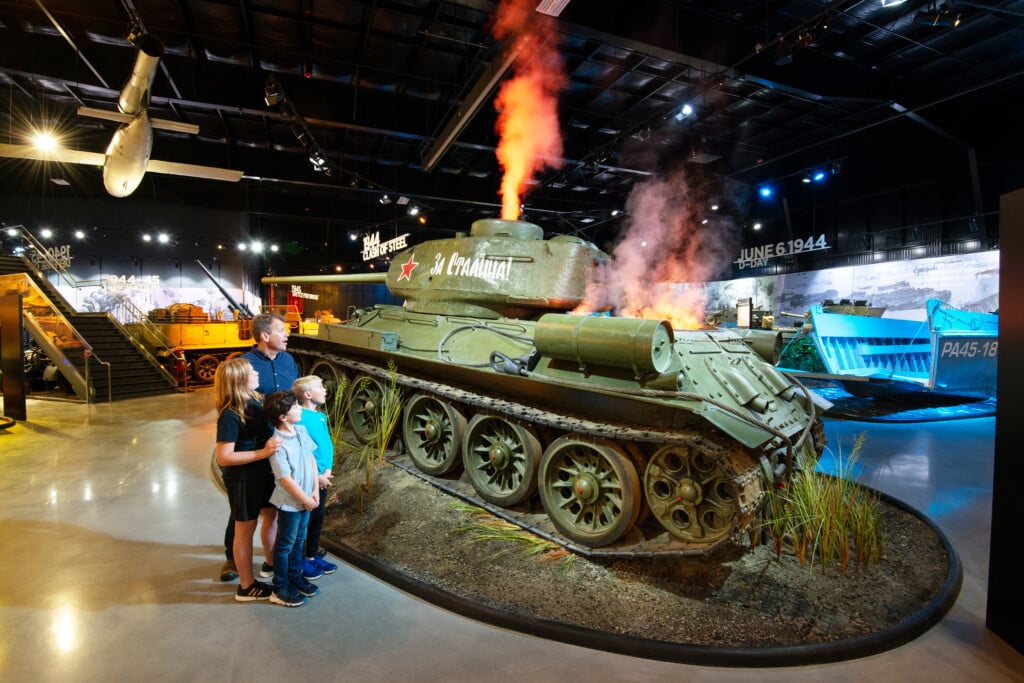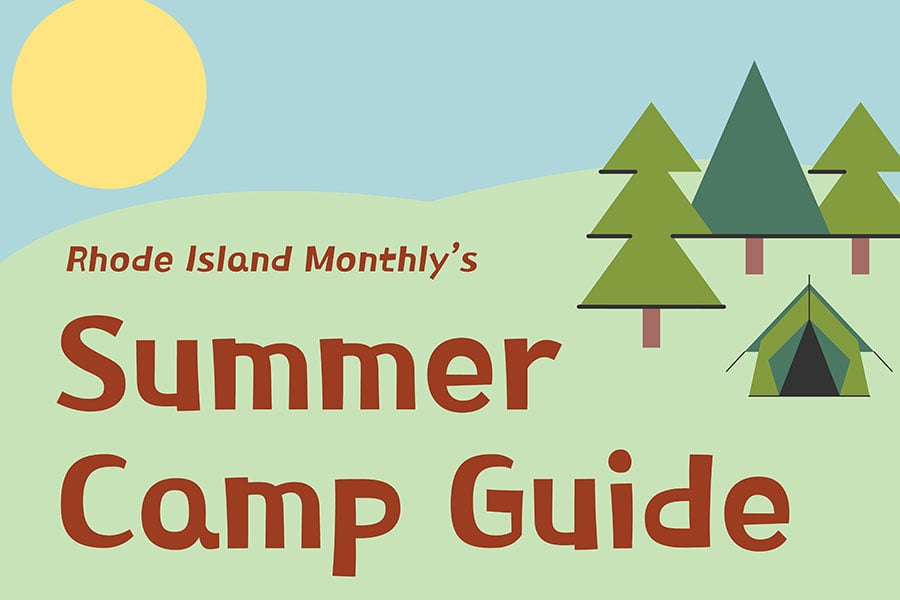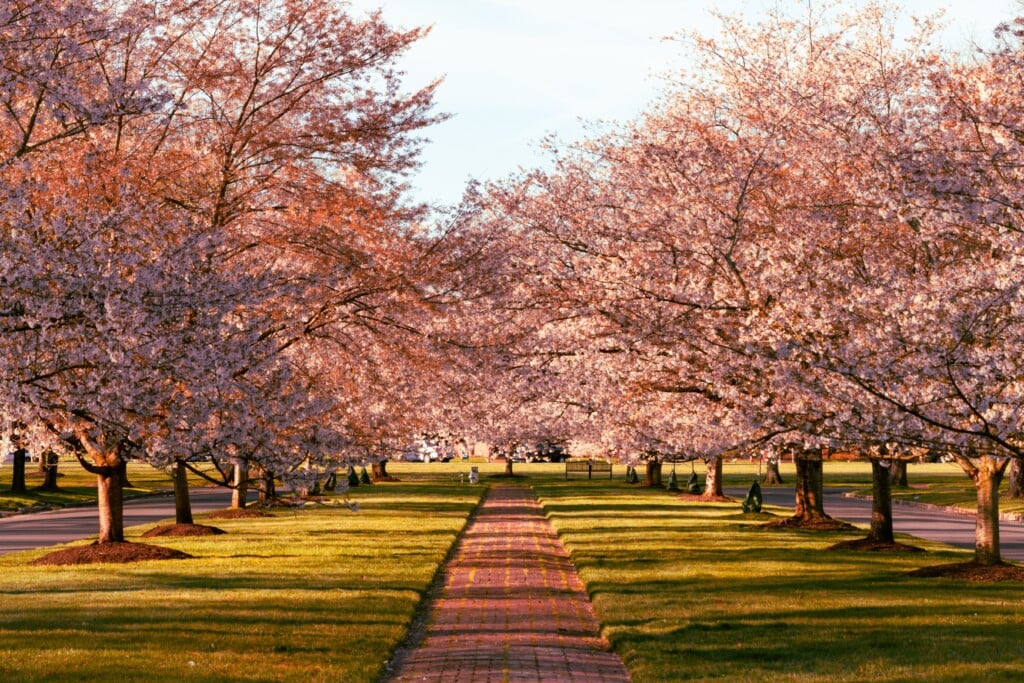Dive into the Mind of Local Author Vanessa Lillie
The Providence resident dishes on the writing life, her love affair with Rhode Island and her latest novel, 'Blood Sisters.'
To say Vanessa Lillie has had a busy few years is an understatement. Her first two thrillers, Little Voices (released in October 2019) and For the Best (September 2020), hit the bestseller charts, with book tours and events in between, and with local readers devouring the Rhody hot spots sprinkled throughout the pages like literary breadcrumbs.
Her newest novel, Blood Sisters, a twisty, heartfelt thriller pulled from her Cherokee heritage and real-life events, debuted on Oct. 31, 2023. The title — the first in a new series — follows Syd Walker, a Cherokee archeologist working to preserve Rhode Island’s Indigenous culture who’s been called home to Oklahoma to investigate her sister’s disappearance.
We caught up with Lillie in late October to talk books, Indigenous culture, the writing life and how much she loves the Ocean State.
You’re on book number three right now. When you were starting out on your writing career, did you ever imagine that you’d have two bestsellers under your belt and a third book on the way?
No, not at the beginning. I hoped to just be published. That was always the goal, and to find some readers who liked my work. That’s been the main thing, because for me writing is really about connection. My first book, Little Voices, was about being a new mom and new motherhood. It was great because I could write about what was on my mind and then connect to other readers who also struggled postpartum or also walked along Blackstone Boulevard all the time. Any kind of connection just feels really good to me. With Blood Sisters, I’m writing about some very personal topics again, but in this case, it’s the place I’m from — northeastern Oklahoma — and being Cherokee. Also, the environmental issues that are very present in northeastern Oklahoma, and the missing and murdered Indigenous women crisis. I’m happy to have the opportunity to connect with people on these things that are so important and that we need to be talking about.
What sorts of things do you love about Rhode Island?
Providence is a really creative city, especially for the size. Pretty early on I was involved in what used to be the What Cheer Writers Club [now LitArts RI], which was a wonderful community of writers. I had a book group I led at the Providence Athenaeum and there were lots of opportunities to go to book events and things, so creatively it felt great right away.
Sometimes I think it’s hard for people who have lived here their whole lives to see the beauty and how much you get in such a small area. The fact that you can be at the ocean in a half-hour is incredible. The restaurants are incredible. The food shops are incredible. People take a lot of pride in their communities and their neighborhoods and in supporting them.
Your books have such intriguing characters. In Little Voices, the main character is a new mom who had a really traumatic birth experience and postpartum depression/psychosis. Why was it important for you to create a character like that and did you draw from your personal life in creating her?
Oh, absolutely. It was basically all of my feelings and fears of being a new mom — an exhausted new mom — definitely suffering some postpartum anxiety and feeling very alone and exhausted. It was sort of scary, and it was so exhausting. My son did not sleep. The character I wrote was going through a psychosis and I wanted to write about being pushed all the way to that point, and especially at the time when it was published in 2019. There really weren’t a lot of books out about it.
That’s what I wanted to see in the pages. I wanted to read about the tears of new motherhood. And I have so many messages from women saying, ‘Oh my gosh, I loved your book, because I thought it was so hard to be a new mom.’ There are so many parallels to her life and my life.
And very similarly with Blood Sisters. It was me wanting to look back at the environmental damage that had been done to where I was from; the missing and murdered Indigenous women crisis; my own relationship of being white-presenting Cherokee and what that means to me; and just getting back to Oklahoma. When I wrote a lot of Blood Sisters, I wasn’t able to go home. I wrote it during COVID and so for the first time in my life, I wasn’t returning home to Oklahoma. It was the longest I’d ever been away. I missed it. I missed my family. And so writing about it not only helped me grapple with some of those issues, but also brought me home even if it was just in my mind.
Why was it important to you to work the crisis of missing and murdered Indigenous women into Blood Sisters?
The epigraph is something that’s said in a lot of Native communities: “What happens to the land happens to the women.” Anytime I’m writing a story about the land, I look at the relationship that people have to it, and there was this larger crisis happening that really reflected how we treated the land and reflected what had happened in northeastern Oklahoma, which is now one of the most toxic places in America.
And there’s a crime that opens the book that’s inspired by a real crime that happened during my senior year of high school; two girls went missing and their bodies were never recovered. And the family is just searching and that is the story. So often in these cases of missing and murdered [Indigenous girls], families are not believed, girls are not searched for — heaven forbid they have a criminal record — and there’s just not a value put on their lives. And that’s the story of America and Native people, right? That’s the story of not putting value on their lives, trying to erase their culture, moving them away from homelands, things like that. It just made sense that this is a modern crisis and a modern problem that is indicative of larger issues that have been going on since Colonialism started.
Since this is our ‘Books,’ issue, I have to ask: Do you have any reading recommendations?
There’s an amazing anthology out right now called Never Whistle at Night. It’s Indigenous dark fiction. There are twenty-eight different authors in this anthology, and it’s all Indigenous fiction from all over the continent.


























